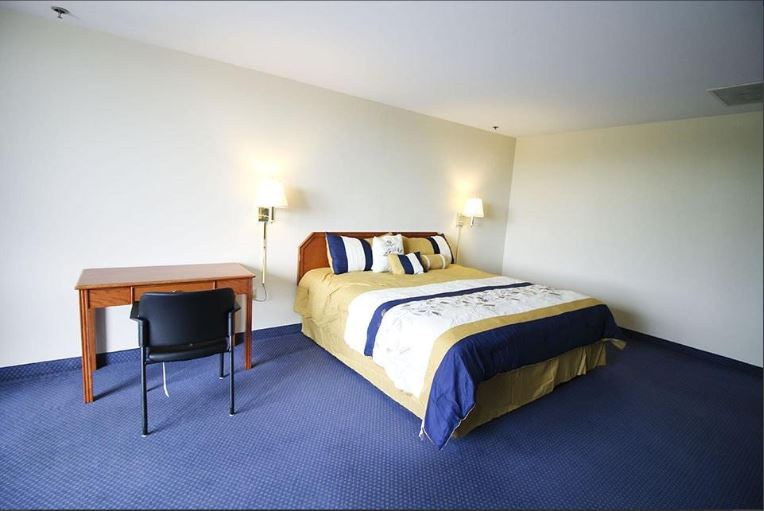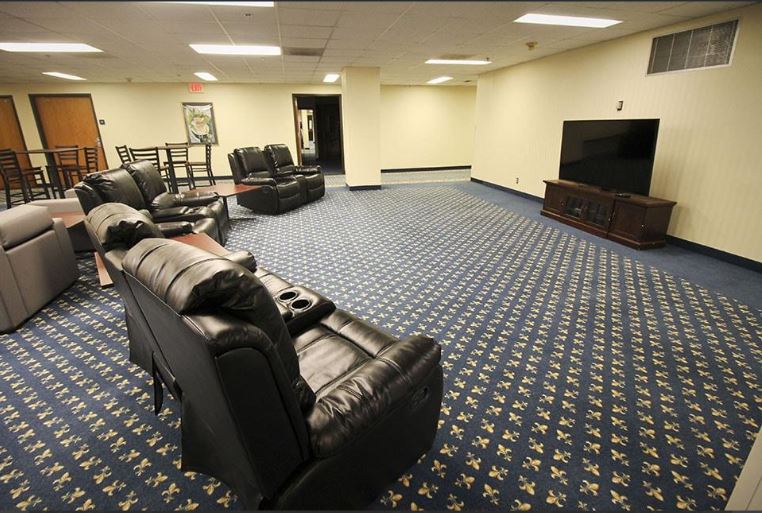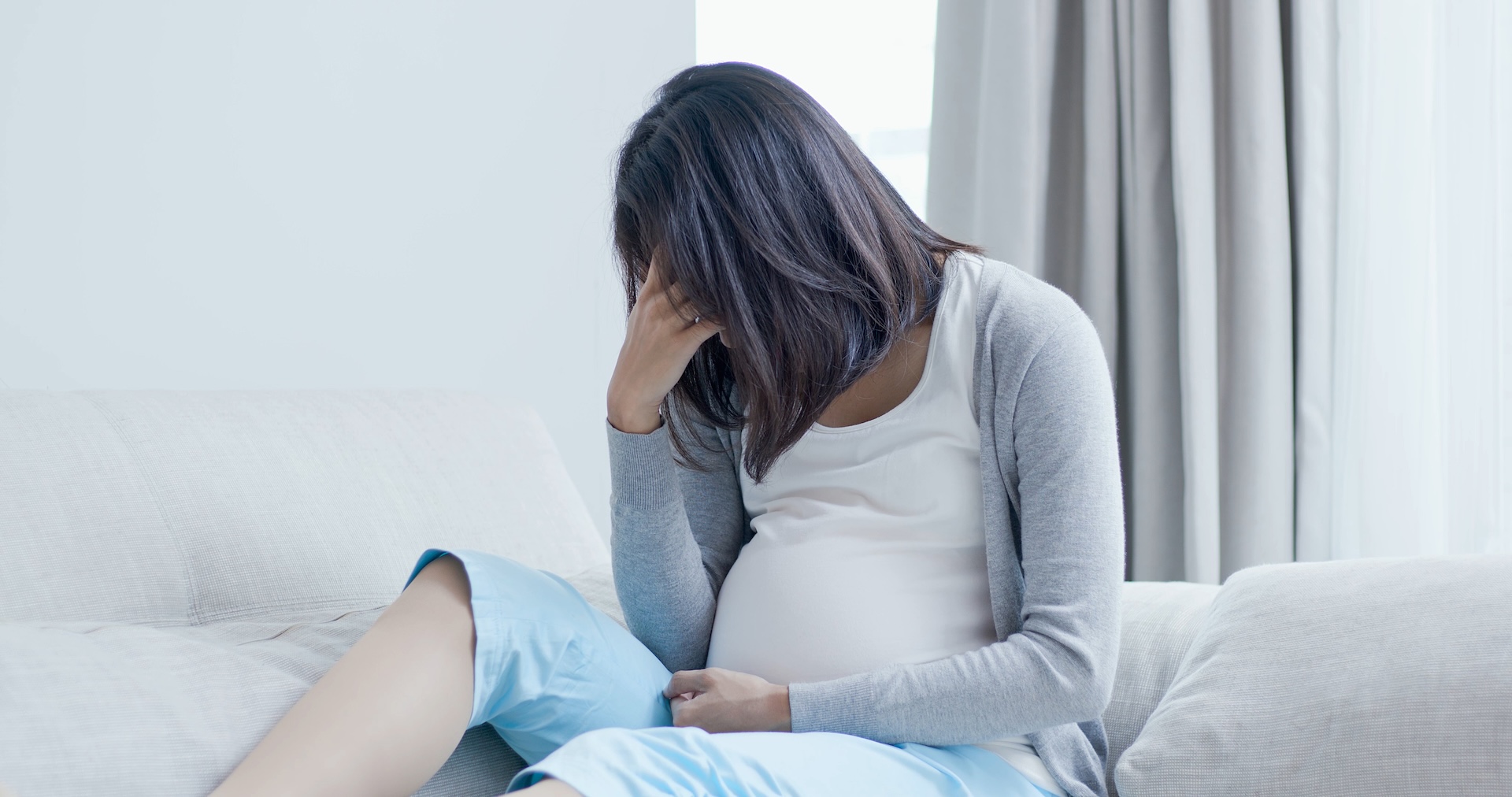
Would You Stay at 'Hotel Influenza'?

If you think getting paid more than $3,000 to stay at a hotel sounds too good to be true, well, there's a catch: You might get the flu.
To better study flu vaccines, researchers at Saint Louis University (SLU) created the "Extended Stay Research Unit," aka "Hotel Influenza." The facility will house volunteers who are intentionally exposed to the flu in order to test the effectiveness of flu vaccines, according to a statement from the university.
The so-called challenge studies work like this: Volunteers will be given a flu vaccine or a placebo vaccine, and then they will be intentionally exposed to a strain of the flu virus, the statement said. Volunteers will then be quarantined in the hotel for about 10 days and monitored to see if they get sick.
The studies give researchers information about how well the vaccines really work, and allow them to get this information more quickly than if they had conducted a traditional flu vaccine study, which looks only at a person's immune response to the vaccine.

With challenge studies, "you know when they're exposed to the flu, so [you] can plan exactly when to study it. You are not waiting for nature to take its course," said Dr. Daniel Hoft, director of SLU's Center for Vaccine Development. "If a challenge trial shows the vaccine protected a small group of volunteers against flu, you can be much more confident the vaccine is more likely to be worth the hundreds of millions of dollars of investment" for development.
The researchers hope these studies will help in the development of a universal flu vaccine.
Volunteers will be paid $3,500 for their time and travel expenses. The facility's rooms are equipped with standard hotel features, including private bathrooms, televisions and internet access. There's also a common area for socializing, and exercise equipment for working out. Nurses will be in the facility around the clock to care for the volunteers.
Get the world’s most fascinating discoveries delivered straight to your inbox.
Researchers plan to conduct their first pilot study at Hotel Influenza within the next six months.
Last month, Live Science reported on a similar "challenge" study, in which volunteers were given E. coli-laced water to see if they got sick with diarrhea.
Original article on Live Science.

Rachael is a Live Science contributor, and was a former channel editor and senior writer for Live Science between 2010 and 2022. She has a master's degree in journalism from New York University's Science, Health and Environmental Reporting Program. She also holds a B.S. in molecular biology and an M.S. in biology from the University of California, San Diego. Her work has appeared in Scienceline, The Washington Post and Scientific American.
